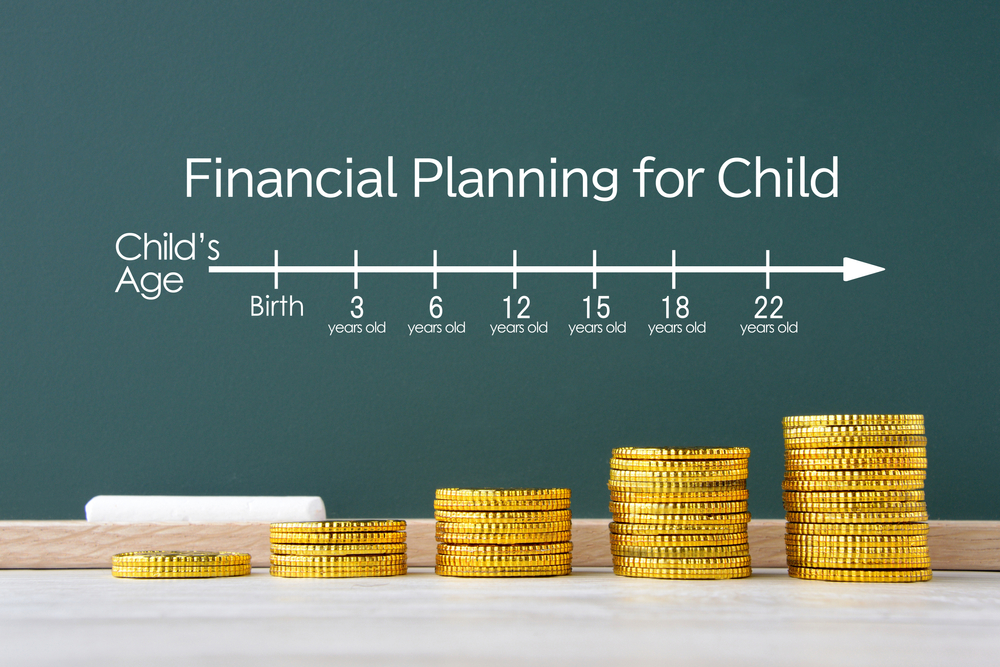For many families, childcare costs have become the single biggest financial obstacle standing between stability and survival. What was once a manageable expense has now grown into an economic burden rivaling rent or mortgage payments. Parents are working longer hours, taking on side jobs, or delaying major life goals just to afford safe, reliable care for their children. Yet, despite the growing strain, the national conversation rarely focuses on the crushing financial pressure parents face. Understanding the true impact of the cost of childcare reveals just how deeply this crisis affects families, workplaces, and the economy as a whole.
The Soaring Price of Childcare
The skyrocketing childcare costs are leaving families with impossible choices. In many cities, full-time daycare for one child now costs as much as in-state college tuition. Even dual-income households struggle to balance these expenses alongside rising housing, healthcare, and food prices. Single parents face an even steeper challenge, often spending a third or more of their income on care. The result is a growing number of families forced to choose between quality care and financial security, a decision no parent should have to make.
How Childcare Costs Affect Workforce Participation
The economic ripple effects of the high cost of childcare extend far beyond individual families. Many parents, particularly mothers, are scaling back their work hours or leaving the workforce entirely because the cost of care outweighs their earnings. This loss of labor not only impacts household income but also limits career advancement and long-term financial stability. Employers, in turn, face reduced productivity and talent shortages as skilled workers step away. The nation’s overall economic growth suffers when parents are priced out of participation in the labor market.
Regional Disparities in Childcare Costs
While the cost of childcare is a national issue, they vary dramatically depending on where families live. Urban areas tend to have higher fees due to increased operational expenses and limited facility space. Rural families, on the other hand, often face a shortage of licensed providers, forcing long commutes or reliance on unregulated care. States with stronger childcare subsidies or tax credits offer some relief, but access and funding remain inconsistent. These regional disparities highlight how geography can determine a family’s financial future and ability to thrive.
The Hidden Toll on Family Well-Being
Beyond the financial strain, the cost of childcare take a heavy emotional toll on parents and children alike. Constant budget stress can lead to anxiety, sleep loss, and family conflict. Parents often experience guilt over leaving their child in less-than-ideal arrangements because higher-quality care is unaffordable. Children in unstable care environments may experience inconsistent routines and limited developmental support. The economic crisis of childcare costs is also a mental health crisis, quietly affecting millions of households across the country.
Childcare Providers Are Struggling Too
Ironically, the rising childcare costs haven’t translated into big profits for the people providing care. Many childcare workers earn near-minimum wage despite performing one of society’s most critical jobs. Facilities face rising rent, insurance, and staffing expenses, which force them to raise tuition just to stay open. The sector is also struggling with staff turnover as workers seek higher-paying opportunities in other industries. This imbalance—high prices for families but low pay for workers—underscores how unsustainable the current childcare system truly is.
The Long-Term Economic Impact
The economic consequences of the soaring cost of childcare reach far into the future. When parents can’t afford care, fewer children participate in early education programs, which affects school readiness and long-term achievement. Families that reduce work hours or leave jobs lose income, benefits, and retirement savings, leading to financial insecurity later in life. Economists estimate that the U.S. loses billions annually due to childcare-related workforce disruptions. Without systemic reform, these losses will continue to erode both family wealth and national productivity.
Government Efforts and Policy Gaps
While policymakers acknowledge the childcare crisis, progress toward lasting solutions has been slow. Federal and state programs like the Child Care and Development Block Grant and tax credits help, but funding is limited and eligibility varies widely. Some states have introduced universal pre-K or employer-sponsored care incentives, but access remains uneven. The lack of cohesive national policy means families are left to navigate a patchwork of options with no guaranteed relief. Until childcare is treated as essential infrastructure, families will continue to shoulder unsustainable costs.
Practical Steps Families Can Take
While there’s no quick fix for the rising cost of childcare, families can explore creative ways to reduce the burden. Some parents form childcare co-ops, rotating responsibilities with trusted friends or neighbors. Others use employer childcare assistance programs or flexible spending accounts to offset expenses. Families can also look into local nonprofits that offer sliding-scale tuition or subsidies based on income. Sharing resources, advocating for workplace flexibility, and supporting public policy reform are all practical ways to make childcare more accessible.
Why Addressing Childcare Costs Benefits Everyone
Fixing the childcare crisis is not just a parenting issue—it’s an economic imperative. When childcare becomes affordable and reliable, more parents can work, businesses retain skilled employees, and children receive the early education they need to succeed. Societies that invest in childcare infrastructure see stronger economies and healthier families. Addressing childcare costs creates a foundation for long-term growth, equality, and stability. The time for conversation has passed; meaningful action is what families truly need.
How has the cost of childcare affected your family’s financial choices or career plans? Share your story in the comments below.
What to Read Next…
8 Items Daycares Often Ban Without Explaining Why
Daycare Shock: 10 Truths About Daycare Costs That Break Your Budget
8 Subsidy Traps That Cause Families to Lose Childcare Aid
You’re Overpaying: 8 Hidden Fees In Daycare Contracts That Surprise You









